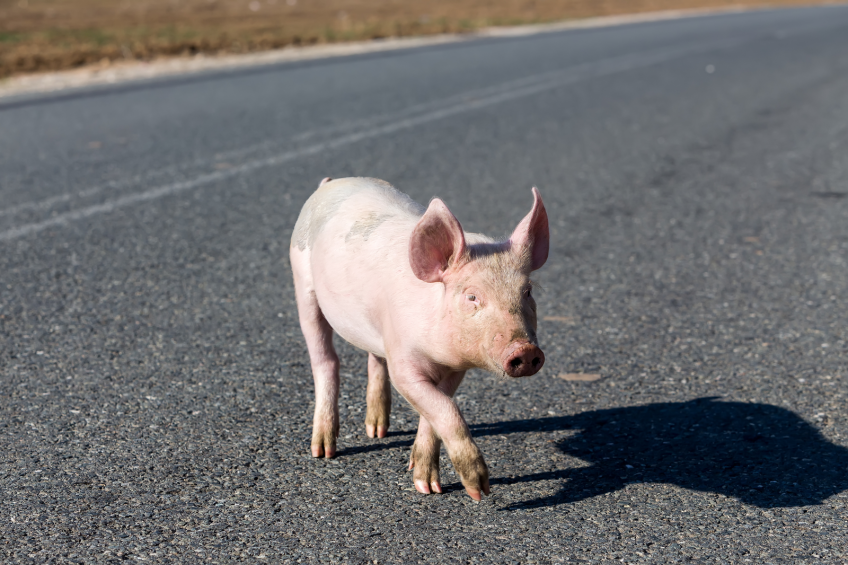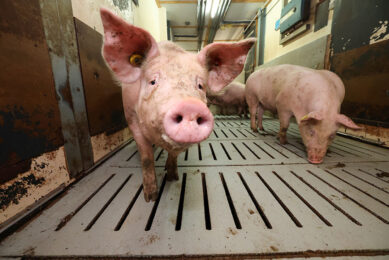Pig manure may be used as road pavement

A team of US researchers has been studying ways to convert elements of pig manure for making new roads.
In a press release on the website of North Carolina A&T State University, in Greensboro, NC, United States, it is reported that Prof Elle Fini and a team of researchers has found a way to extract the rich oil that is found in pig waste, and mix it with rocks to form a new type of asphalt durable enough for highway traffic, which they call ‘Bio-Adhesive’.
Rigorous vehicle simulators
The extensive research, which has included putting samples of the new material through rigourous vehicle simulators and tests to determine its durability, has proven to be a success according to the press release. Fini and a group of partners have set up a company called Bio-Adhesive Alliance.
Fini said in the press release, “We test it to see if it will rock or sag too much because it shouldn’t do that. Also it shouldn’t crack at low temperatures. We think it’s scalable and cost wise its profitable. Our vision is to help the farmer and help the construction industry; both sides. We see a win/win solution.”
Nothing goes to waste
Nearly nothing goes to waste, the press release reported. During processing, the foul, off-putting aroma is filtered out, and the by-products of the bio-adhesive can be used by farmers as fertiliser.
At only $0.56 per gallon (3.8 litres) to process, Bio-Adhesive is described to be ‘an extremely viable solution to further reduce the country’s dependence on the more expensive petroleum’.
The research was made possible through the support of the United States’ National Science Foundation.











